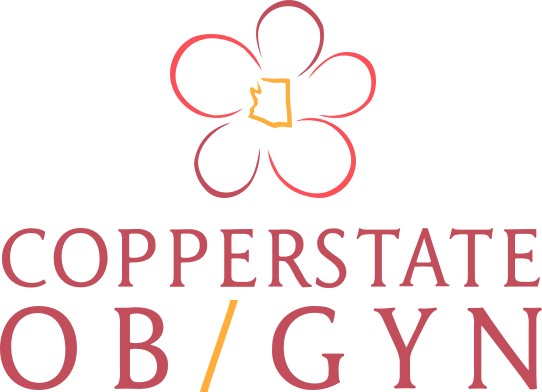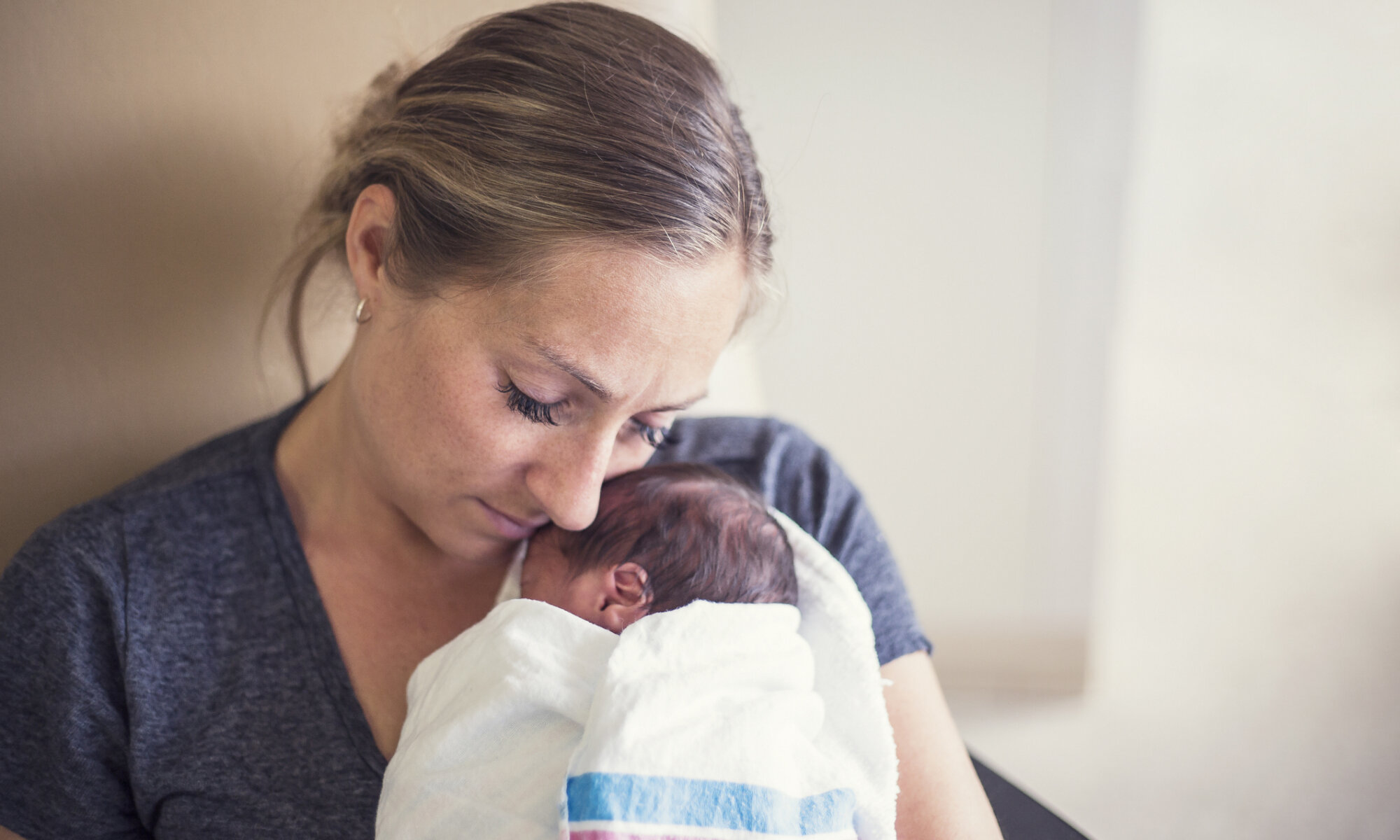It’s normal to feel some discomfort after giving birth, so it may be difficult to tell the difference between what’s normal and signs of infection postpartum. Learn the signs and symptoms of infection and other common post-pregnancy complications to get the treatment you need and keep your reproductive health in check.
What Are The Signs of Postpartum Infection?
If you get an infection after you give birth, your body will send you warning signs to let you know that you may need to see your doctor. If you experience any of these symptoms, you should call your healthcare provider immediately. Some signs and symptoms of infection are:
- High Fever – If you have a fever that reaches over 100 degrees F, your body is likely trying to kill the infection.
- Burning sensation when you urinate – If you feel like you need to urinate more often but experience pain while you go, you may have a UTI postpartum.
- New red streaks or lumps in your breast – Mastitis is a breast infection that’s caused by the ducts becoming plugged. It can happen due to an improper latch, missing a feeding or general breast swelling.
- Discharge, pain, or redness around tears or cuts – Sometimes your perineum tears during vaginal childbirth. Your doctor may also make a cut at the opening of the vagina to help guide the baby out. Another common cut would be from a cesarean birth into your uterus. If any of these have pain, redness, or discharge around them, you may have an infection.
- Foul-smelling vaginal discharge – This could be a sign of a bacterial imbalance like bacterial vaginosis or endometriosis if your vaginal discharge smells bad.
- Severe pain in your stomach – Endometriosis is typically characterized by severe pain in the lower belly. This occurs if you have inflammation and swelling in the uterus lining.
- Painful nipples while breastfeeding – This is a common symptom of yeast infections. Yeast infections postpartum are common, especially if you use breast pads.
One extreme infection reaction is called sepsis. It can be life-threatening, so it’s crucial to call 911 immediately or go to the emergency room if you think you may have it. The symptoms are:
- Disorientation, feeling confused
- Fast heart rate
- Extreme pain
- Clammy skin
- Experiencing chills or feeling cold
- Rapid breathing
How Do You Know If You Have an Infection Postpartum?
Postpartum is a delicate time for many women, so you must take care of yourself. Since it’s normal to experience some discomfort during your recovery, you may not know what the difference is between normal healing and needing medical care.
But some postpartum health complications are life-threatening, and that’s why it’s important to keep all your postpartum follow-ups. While the overall risk of dying due to a postpartum complication is low, some women are more at risk than others. Women with high blood pressure, obesity, and cardiac disease are more susceptible to complications.
Some Common Postpartum Complications Are:
- Hemorrhage, or excessive bleeding after birth
- Blockage in a pulmonary artery
- High blood pressure pregnancy disorders
- Anesthesia complications
- Cardiovascular diseases
Severe postpartum complications are uncommon, but they can happen. They include:
- Inflammation of membranes that line the abdomen
- Pelvic vein blood clots
- Toxins produced by bacteria, causing sepsis
- Abscess in the pelvis
Luckily, most of these can be treated and resolved if they’re diagnosed early. Call 911 or go to the emergency room if you experience any of the following:
- Shortness of breath
- Seizures
- Chest pain
- Thoughts of self-harm
- Thoughts of harming your baby
Call your doctor if you experience:
- A temperature over 100 degrees F
- A headache that won’t go away
- Vision changes
- Redness or swelling around incisions
- Redness, swelling, or pain in the leg
- Heavy bleeding (bleeding through more than one pad in an hour)
- Blood clots at least the size of an egg
What Causes an Infection After Birth?
Most postpartum infections begin in the uterus, but there are other ways bacteria can cause an infection. Some of the more notable causes are:
- Postpartum hemorrhage, or excessive bleeding after delivery
- Anemia
- C-section or Cesarean delivery
- More than 18 hours between membrane rupture and delivery
- Multiple vaginal exams during labor
- Bacterial imbalance in the vagina after delivery
- Rupturing the membranes of the fetus
- Fragments of the placenta remaining in the uterus after delivery
Postpartum Infection Treatment
To be safe, go to all your postpartum checkups. Your doctor may need to just perform a physical exam to diagnose an infection, although they may take a urine sample or culture sample as well. A doctor will more than likely prescribe antibiotics to help cure an infection.
If you suspect you have a yeast infection, wait to talk to your doctor before you take over-the-counter medication. This is because some yeast infections require prescription-strength medication, and over-the-counter medication may not heal the infection quickly.
You may also want to take some pain relief medication if you’re experiencing pelvic pain. Most medications have low levels and won’t affect your breast milk, but there are some exceptions. Talk to your doctor before taking any pain medication.
Getting the proper treatment quickly can save your life and even prevent a life-threatening condition. Know the signs and symptoms of postpartum infections so you can ask for help. If you have any concerns, don’t hesitate to contact your doctor.
Are you looking for an OB/Gyn you can trust? Do you live in the Tucson area? Let us join you on your amazing and unique pregnancy journey. Book an appointment today!
Sources:
- https://www.marchofdimes.org/pregnancy/warning-signs-of-health-problems-after-birth.aspx
- https://www.babymed.com/medical-issues/yeast-infections-and-pregnancy
- https://www.mayoclinic.org/healthy-lifestyle/labor-and-delivery/in-depth/postpartum-complications/art-20446702
- https://www.merckmanuals.com/home/women-s-health-issues/postdelivery-period/postpartum-infections-of-the-uterus
- https://www.copperstateobgyn.com/postpartum-pain-management/

